Dealing with burnout is one of the most exhausting things to experience at work. It emotionally, mentally and physically affects you and your life. This article is going to talk about handling burnout and will also provide you with a some powerful tips if you’re wondering how to combat burnout.
KEY POINTS
- There is a strong link between burnout and lack of appreciation in the workplace.
- Appreciation is a basic human need, a form of existential validation.
- People can benefit both from receiving and from giving appreciation.
The following research findings should make us pause: “A toxic workplace culture increases moderate to severe burnout by a phenomenal 157%. It’s typical for such a culture to view its people as merely workers rather than individuals, and when employees are working hard, day in and day out, and not feeling appreciated, this can accelerate burnout considerably.
In fact, a reduction in giving and receiving recognition leads to increased odds of burnout by 45% and 48%, respectively. And when there is no consistent organisational strategy for recognition in place, the odds of burnout increases by 29%.”[1]
It is worth repeating the key insights here. First, please do not ever treat people merely as “human resource”. And nor should you think of staff and colleagues as “assets to be sweat”. Those metaphors are dehumanizing.
Humans, it is worth remembering, are not just unique in being able to experience appreciation but we also thrive on receiving it. If we neither give nor receive appreciation at work, our chances of burning out almost double.
And if we have a culture at work that does not recognize people and their achievements, the chances of employee burnout rise by almost 30%.
Related: The 12 Stages Of Burnout: From Irritability To Exhaustion
What exactly is appreciation, and why is it so important to us? And how can we best give it to others? Judging from my own experiences and from my work with my coaching clients, I would say that feeling appreciated is one of our most basic psychological needs.
One of the most common causes of burnout in the clients with whom I work is a sense of not feeling appreciated at work. And I have felt that way, too, for many years in fact, until I finally mustered the courage to leave.
It causes significant suffering when we feel that our bosses, co-workers, or the institutions in which we work don’t value our contribution, don’t celebrate our successes, can’t bring themselves to acknowledge something we have done well, and ultimately don’t care if we stay or go.
Social pain of that kind can sometimes feel as debilitating as physical pain. It is also likely to remind us of older psychological dynamics in which we felt ignored, excluded, or treated unfairly, and will reactivate a feeling of helplessness or resignation.
Feeling underappreciated at work is comparable to feeling under-appreciated in a relationship: In the long run, it diminishes and devalues us, and has the capacity to erode our sense of self.
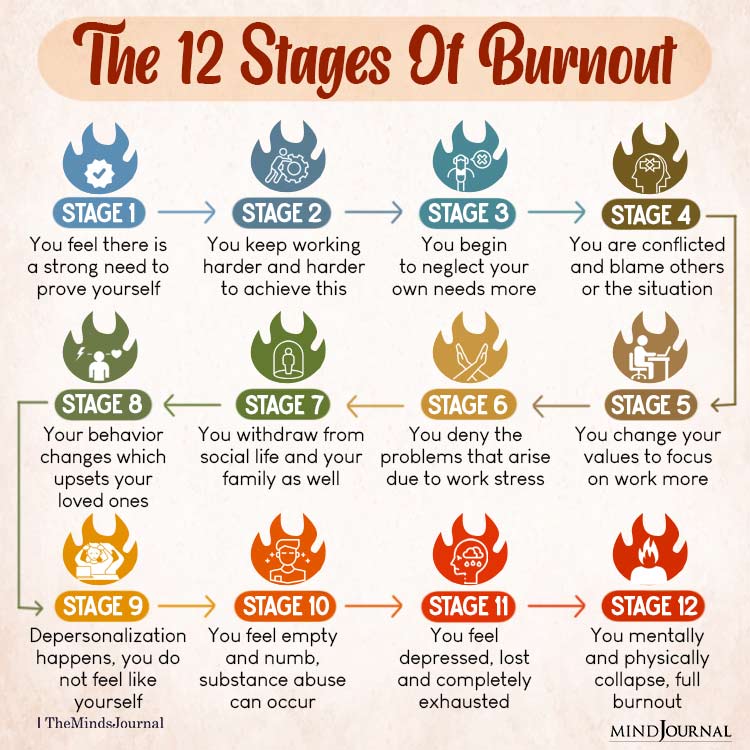
In such a relationship we might feel that our partner takes us for granted, has zero interest in our inner and outer life, and ultimately couldn’t care less if we left them. They might appreciate certain things we do for them — like bringing home a salary, keeping the house in order, raising the kids, or gifting status or connection.
But they do not appreciate us as feeling, thinking, and breathing beings with unique needs, desires, hopes and fears.
Appreciation is related to feelings of awe, wonder, gratitude, and the admiration of beauty and excellence. Maya Angelou beautifully captured the sense of marvel and gratitude that is a component of appreciation: “This is a wonderful day. I have never seen this one before.”
We can also think of a person facing an awe-inspiring natural scene, who becomes aware of their own cosmic insignificance, but also realizes their place in the bigger order of being and finds solace in that. Or we can think of a poem or work of art that makes us see something ordinary as if for the first time, allowing us to note anew its beauty.
Appreciation is also about honouring what is there right now, as opposed to hankering after what we think is lacking. The Stoic philosopher Epictetus wrote: “He is a wise man who does not grieve for the things which he has not, but rejoices for those which he has.”
In that sense, appreciation is also a spiritual disposition, or simply an attentional focus on that which is good in other people, in nature, or in specific situations. We could also call it a starry “glass half-full” gaze.
Actively showing appreciation of others is an interpersonal skill that is related to kindness, a willingness to praise, being supportive, paying compliments, truly acknowledging others, and making them feel seen and heard.
Related: Burnout: 6 Signs You’re Ready To Hit The Wall
Ultimately, it is about celebrating people’s contributions and spreading joy. And this is a win-win situation, for, as Voltaire wrote: “Appreciation is a wonderful thing: It makes what is excellent in others belong to us as well.”
In more academic psychological terms, we can understand appreciation as an orientation, a spiritual stance, an emotion, or a disposition. Psychologist Nancy S. Fagley (2018) defines appreciation as consisting of the following facets: a focus on what we have (a ‘have focus’), awe, gratitude, and interpersonal appreciation.[2]
Mitchel G. Adler and Fagley (2005) consider gratitude to be a sub-category of appreciation, and also count ritual, present moment awareness, self-social comparison, and loss/adversity consciousness as aspects that are related to appreciation.[3]
In less technical terms we could say that appreciation is also related to a sense of the transience of phenomena, and our ability to register and feel gratitude for the beauty of the moment.
Various researchers have discovered that appreciation is highly important for our well-being. In her 2018 study, Fagley found that appreciation has a significant and measurable impact on our well-being, leading to an increase in positive affect, and, if it is absent, an increase in negative affect.
What, then, are we to do if we are trapped in a working environment where we do not feel appreciated, and which is causing us to burn out? In an ideal world, we can seek to leave that environment and go where we feel our unique gifts are welcome, and where we can thrive and be appreciated for who we are.
But more often than not, that is not a realistic option. If we cannot leave, I recommend five courses of action.
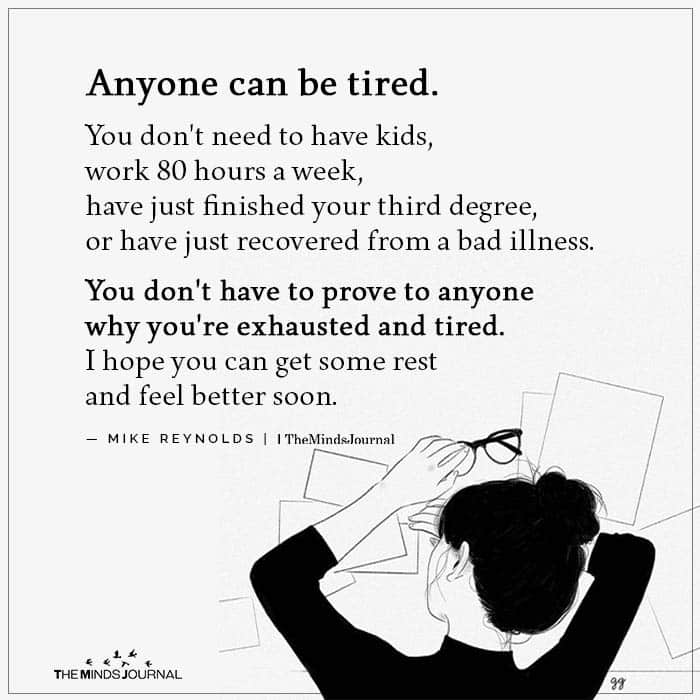
How To Combat Burnout? 5 Best Strategies
1. If we can’t leave, we can try practicing acceptance and expectation-adjustment. We can seek to make our peace with not receiving appreciation at work and instead try to find it elsewhere in our lives.
Just accepting that it won’t be forthcoming, no matter what we do, can take a lot of pressure off. We may feel less like we are constantly trying to squeeze blood from a stone, and won’t constantly feel disappointed or bitter.
2. It is also important to gain clarity on our expectations, and understand whose appreciation we want, and why. Thus, it is easier to prevent burnout. Who do the people whose appreciation we seek resemble in our psychological universe? Might we be re-enacting unhelpful older patterns? If yes, what can we learn from that insight going forward?
3. We should also seriously consider the following question: Are the people from whom we wish to receive appreciation capable of giving it? Remember that a surprisingly large number of people are not. Many of us do not know how to feel appreciation, and nor do we know how to express it.
Related: How To Prevent Burnout: 13 Signs You’re On The Edge
4. Another question we should ask ourselves: Do we notice appreciation when it is given? Do we appreciate the appreciation we do get, or do we just focus on the appreciation we feel we are lacking? What does appreciation look and feel like? In what areas of your life are you already receiving it?
It is possible to learn to register the appreciation we do get more consciously and deliberately, and to train ourselves not just to follow the lack/loss/pain pattern that our attention often seeks.
5. Finally, it is also important to remember that the emphasis in appreciation research is both on receiving and giving appreciation. Both have the power to make us feel good. We need to give what we wish to receive. Even if we might not currently receive enough of what we wish for, we can still choose to give it to others.
Ultimately, our desire for appreciation is a desire to be seen, heard, and yes, occasionally, praised and patted on the back.
And that is completely and utterly human. We cannot live well without a sense that our actions matter, that someone notices what we are doing, and that our daily grind is a contribution of some importance, however small, to a greater good.
Appreciation is a form of existential validation, a confirmation that our life has purpose and meaning.
Want to know more about dealing with burnout? Check this video out below!
References:
[1] Ordever, Robert. “How to create positive workplace cultures that prevent employee burnout”, 11 November 2019, reba – Reward & Employee Benefits Association/ O.C. Tanner Europe. Online at: https://reba.global/resource/how-to-create-positive-workplace-cultures-that-prevent-employee-burnout.html [2] Fagley, N. S. (2018). Appreciation (Including Gratitude) and Affective Well-Being: Appreciation Predicts Positive and Negative Affect Above the Big Five Personality Factors and Demographics. SAGE Open, 8(4). [3] Adler, M. G., & Fagley, N. S. (2005). Appreciation: Individual Differences in Finding Value and Meaning as a Unique Predictor of Subjective Well-Being. Journal of Personality, 73(1), 79–114.
“If you’d like to explore coaching with Anna, feel free to book a free 30-minute coaching exploration call with her here: https://www.annakschaffner.com/contact
Written By Anna Katharina Schaffner Originally Appeared On Psychology Today


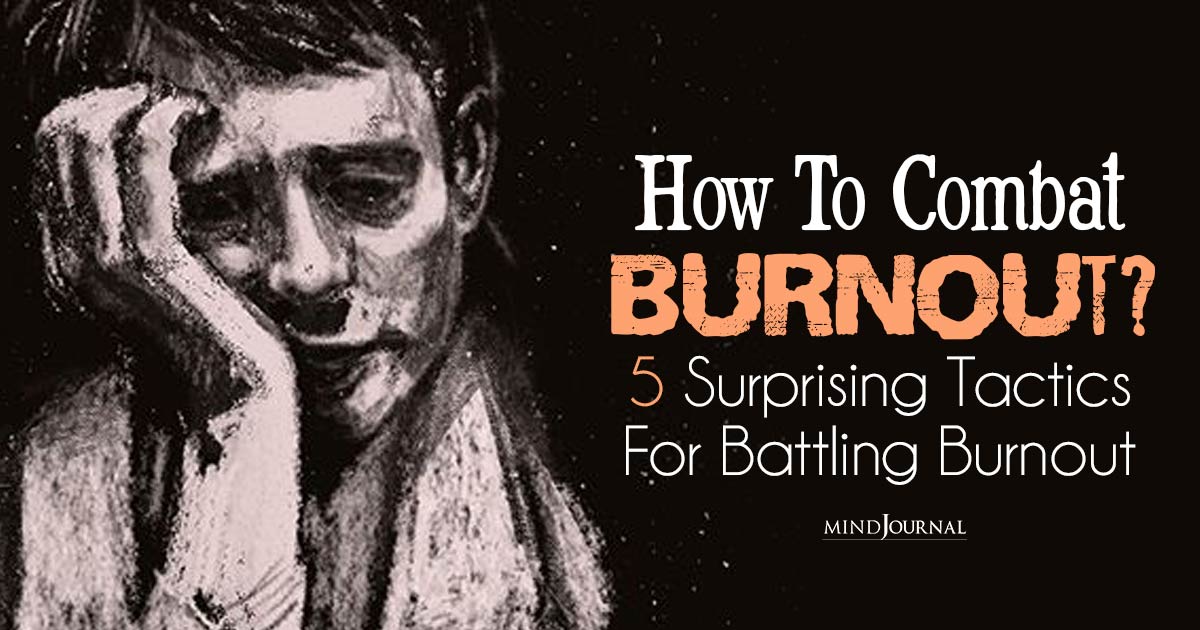


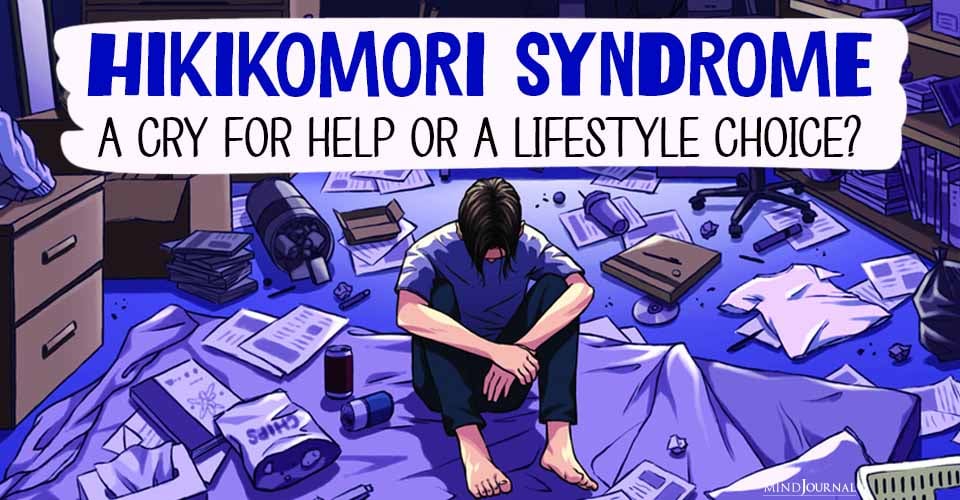
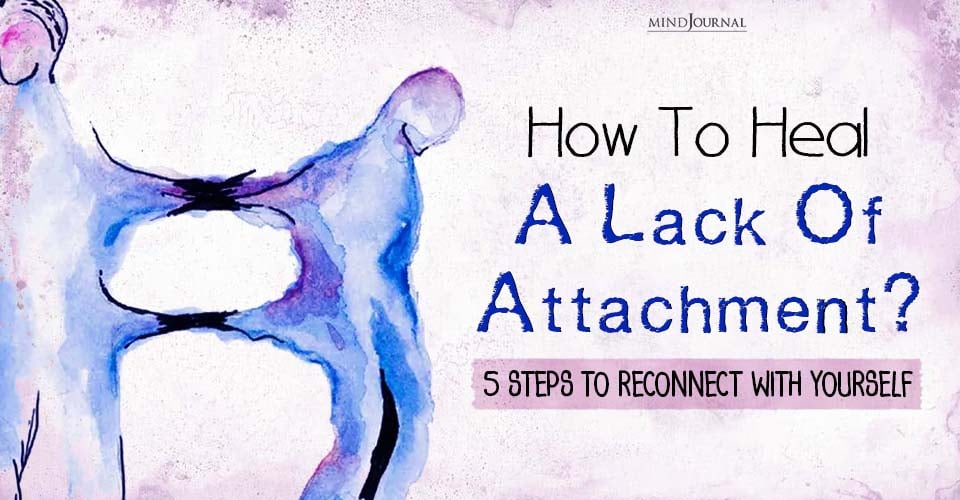


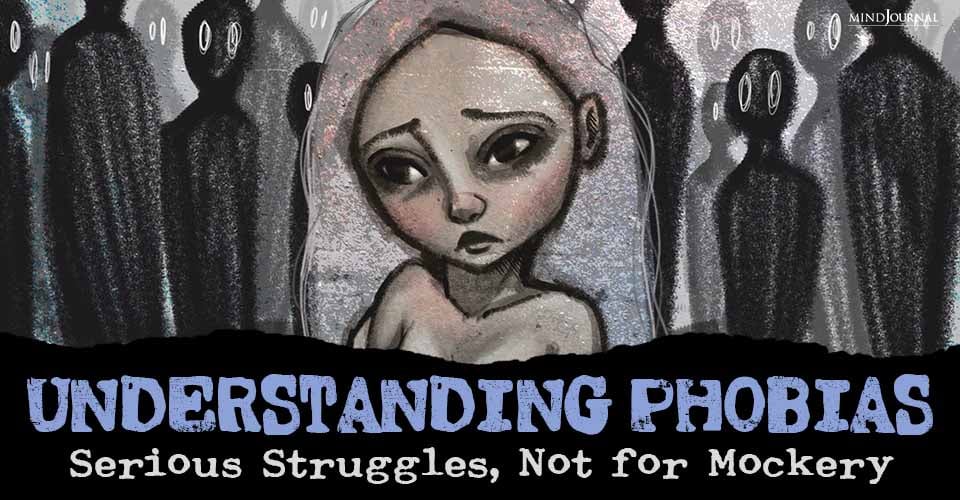
Leave a Reply